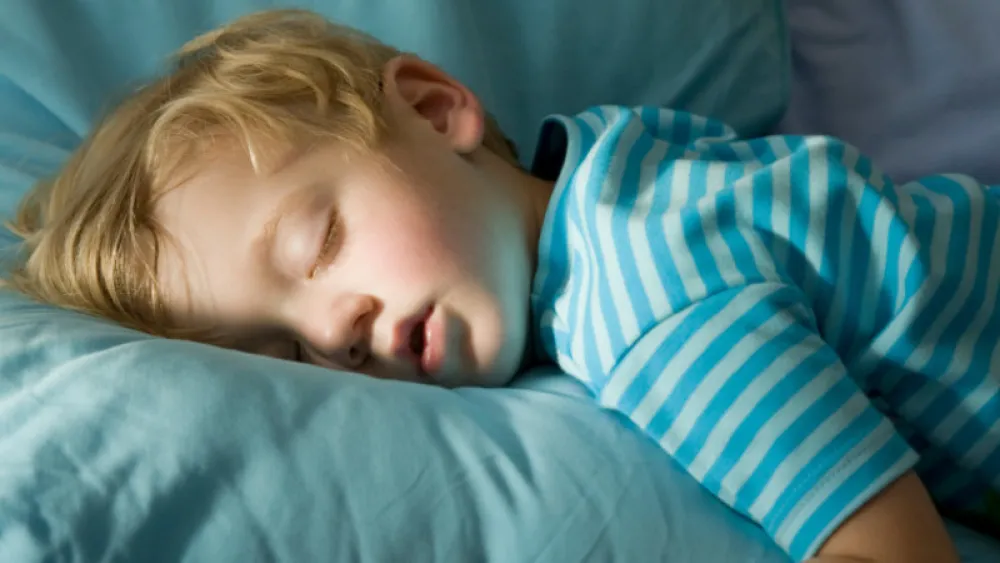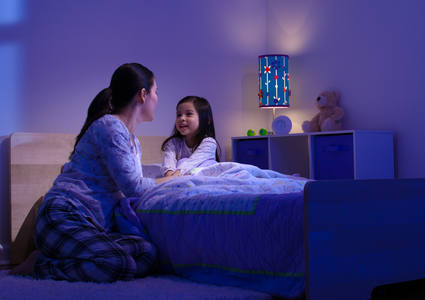Family Health
How to Help Your Older Child Get Better Sleep
Published: May 9, 2019

In our Methodist Physicians Clinic Regency pediatric offices, we discuss sleep quite often. Newborns aren’t the only ones who can have problems. Toddlers and even adolescents can have sleep issues, too.
The nomad
The time comes usually between 18-30 months where a child will transition from the crib to a mat on the floor or a toddler bed. Initially, the transition may go smoothly. Often times, after a few successful nights in the toddler bed, surprise! Its 3 a.m. and your toddler is looming over you.
Wandering at night can be dangerous. There is a risk of falls down the stairs or the child may enter the dangers of the kitchen, unsupervised.
The solution: Put a baby gate across the doorway to help to keep your child safe at night and not wandering. Praise your child for staying in his or her bed through the whole night until the sun comes up.
The negotiator
Preschool-age children have advanced  language skills and recognize they are in charge of their own sleep. A parent may successfully put their child to sleep and then sit down to read a book or watch a show, and then look up to see their preschooler, not in bed.
language skills and recognize they are in charge of their own sleep. A parent may successfully put their child to sleep and then sit down to read a book or watch a show, and then look up to see their preschooler, not in bed.
Preschoolers are infamous for delaying bedtime by begging for just “one more” (One more kiss, one more story, one more drink of water or trip to the bathroom). All of these “one more’s” can lead to less healthy overnight sleep.
The solution: Give your child a bedtime ticket. It could be a small index card, labeled and decorated with stickers. You can tailor-make the passes for frequent “one more” items. One bedtime pass for an extra hug, one for a glass of water, and one for a trip to the potty. Once all the passes are used, it is time for bed.
Another idea is to create one bedtime pass the child has to choose how to use, whether it is for a trip to the potty or an extra good night kiss. Once the pass has been given to the parent, there are no more trips out of the bed. If the child doesn’t use the pass at night, they can trade it in the next morning for a trip to the library, the park or a small toy or sticker.
The phone operator
Teens often come into an appointment  complaining of fatigue. My first question is, do you sleep with your phone? The answer is often, “yes.”
complaining of fatigue. My first question is, do you sleep with your phone? The answer is often, “yes.”
Teens are so in tune with their phones that the buzz from updates or the light of the screen often prevents good sleep. Studies show looking at a screen 30 minutes prior to sleep prevents falling asleep easily and can interrupt later sleep throughout the night.
The solution: Have your teen charge their phone away from their sleep space. (A good tip for parents, as well!) I recommend for teens to charge their phone in the kitchen, living room or in an office in the home. Time to disconnect is good for everyone. This will help lead to more restful sleep for your teen.
If your child is having sleep issues, don’t hesitate to discuss sooner rather than later with your Methodist Physicians Clinic pediatrician.


